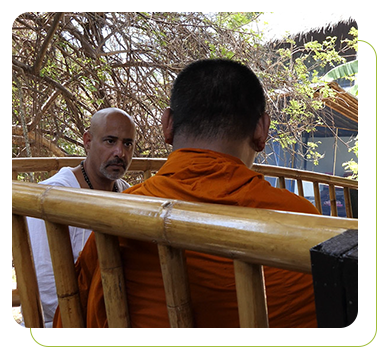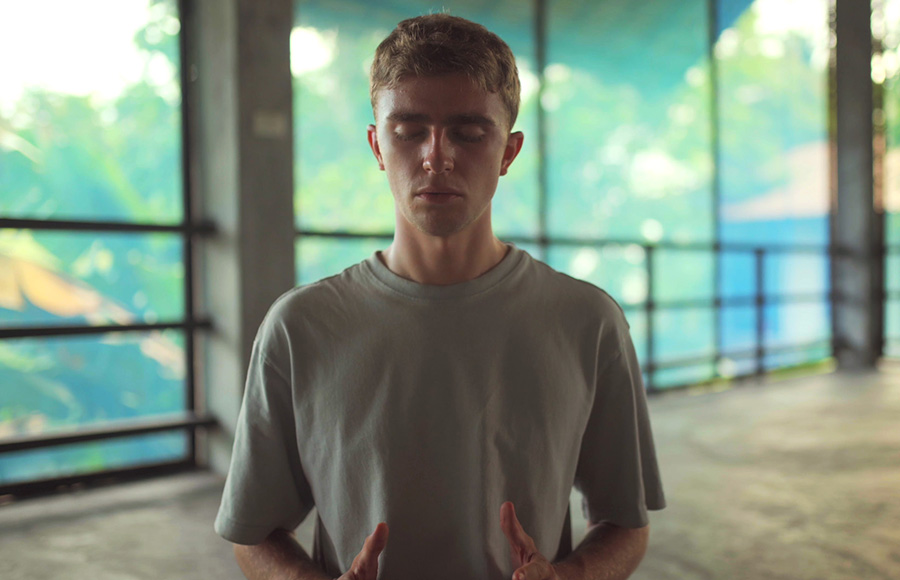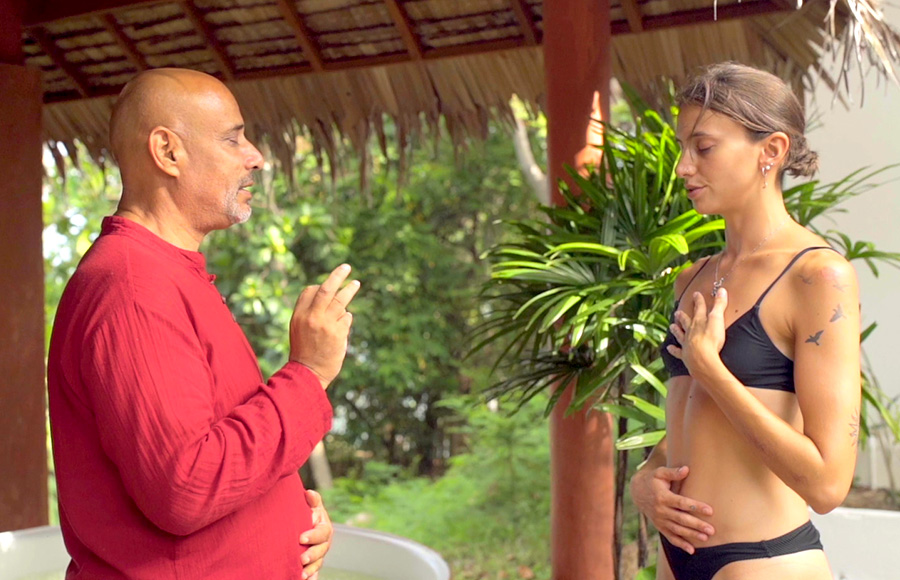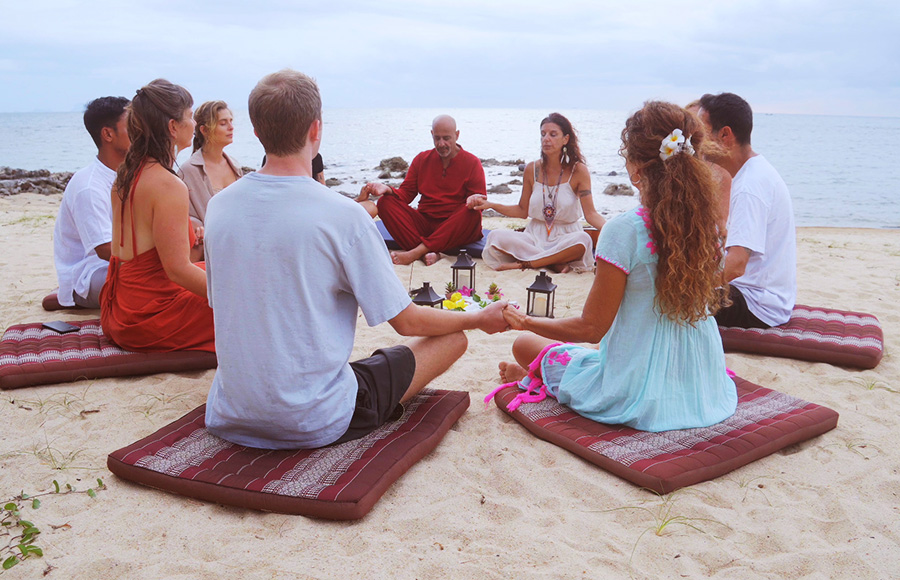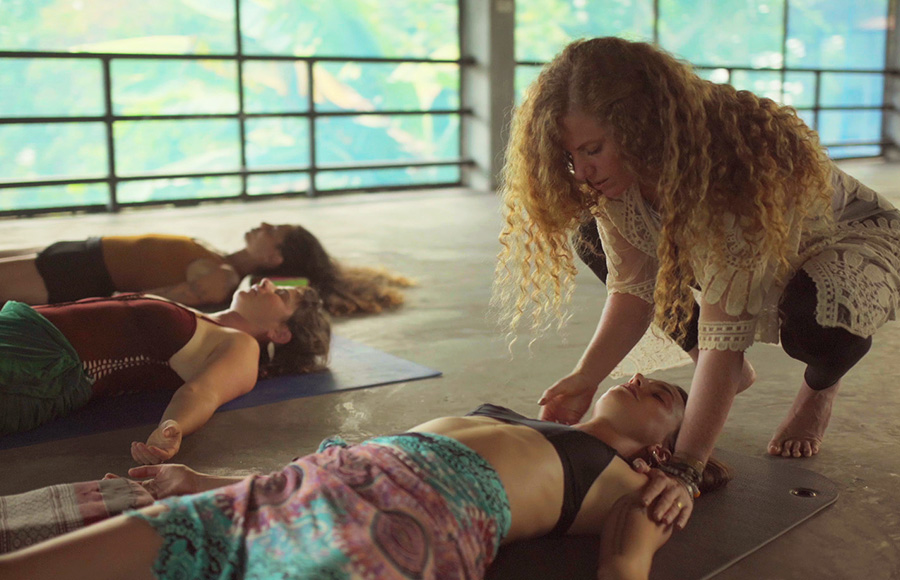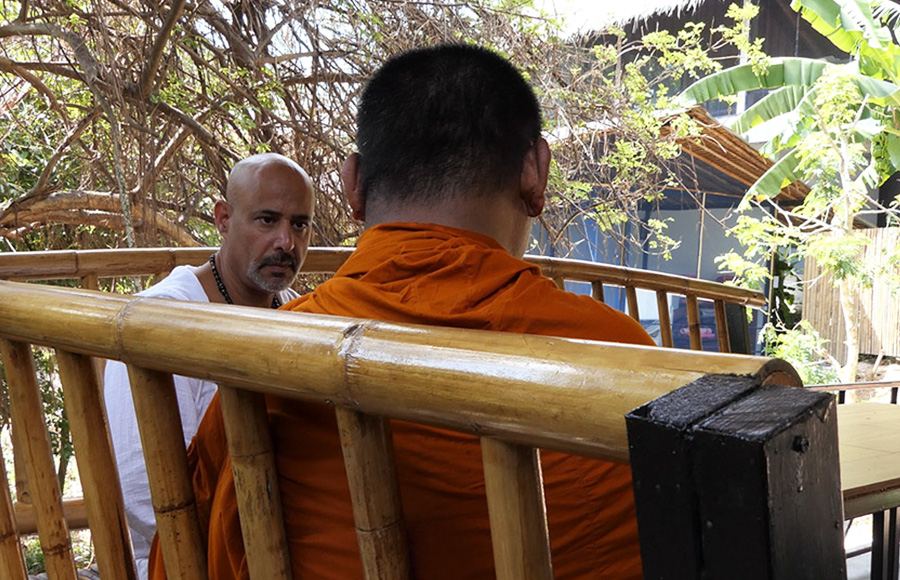Ketamine Withdrawal Symptoms and How Holina Treats Them
05 min read

Understanding Ketamine Withdrawal
What Is Ketamine Withdrawal?
Ketamine withdrawal is the physical and psychological response the body and mind experience when ketamine use is reduced or stopped after prolonged or heavy usage. While ketamine doesn’t typically produce life-threatening physical withdrawal like alcohol or opioids, its psychological impact can be severe, especially in those with a history of frequent or long-term use.
Why It Happens: Neurological and Psychological Mechanisms
Ketamine affects the NMDA receptors in the brain, altering glutamate transmission—critical for memory, learning, and mood regulation. Over time, the brain becomes reliant on the drug to maintain equilibrium. When usage stops, the body struggles to recalibrate, leading to symptoms such as anxiety, depression, and cognitive fog.
Is Ketamine Withdrawal Dangerous?
Though typically not physically fatal, withdrawal from ketamine can be mentally destabilizing, especially in individuals with co-occurring mental health disorders. Without proper support, the psychological effects can lead to self-harm, relapse, or other risky behavior.
Timeline of Ketamine Withdrawal Symptoms
Acute Withdrawal: First 24–72 Hours
Anxiety or restlessness
Cravings and irritability
Insomnia
Fatigue
Depression or mood swings
Sub-Acute Phase: Days 4–14
Ongoing fatigue
Mental confusion or “brain fog”
Low motivation
Emotional numbness
Dissociation
Post-Acute Withdrawal Syndrome (PAWS)
In some cases, Post-Acute Withdrawal Syndrome can persist for weeks or even months after detox. Common symptoms include:
Mood instability
Memory issues
Persistent cravings
Sleep disturbances
Low self-esteem
PAWS is particularly common in individuals who used ketamine frequently over an extended period.
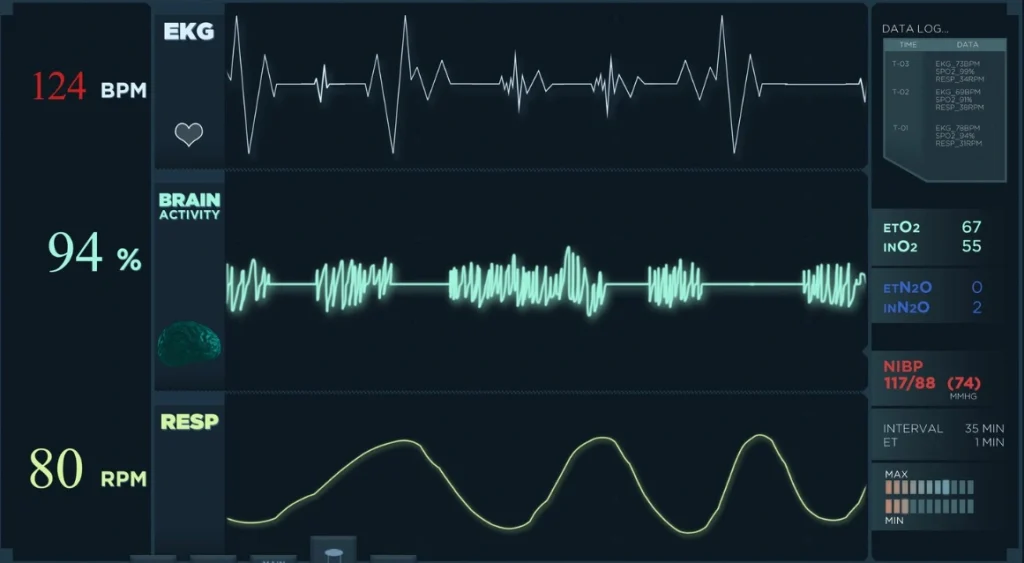
Common Ketamine Withdrawal Symptoms
Physical Symptoms
Muscle tremors or spasms
Headaches
Fatigue and physical weakness
Rapid heartbeat or increased blood pressure
Appetite changes
Psychological & Emotional Symptoms
Anxiety or panic attacks
Depressive episodes
Irritability
Social withdrawal
Obsessive thinking or compulsions
Severity and Duration: What Affects It?
Several factors influence the length and intensity of withdrawal:
Duration of use
Dosage and frequency
Co-occurring mental health issues
Individual health and resilience
Polysubstance use (e.g., alcohol, MDMA)
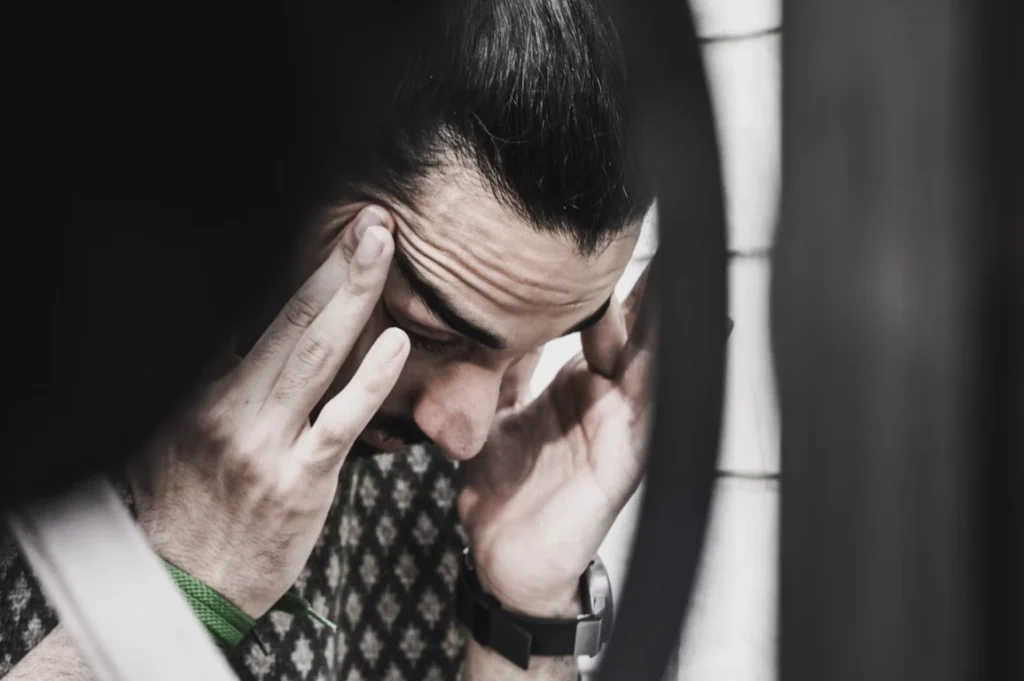
Why Supervised Ketamine Detox Matters
Risks of Self-Detoxing
Attempting to quit ketamine alone can lead to dangerous mental health declines, emotional dysregulation, and early relapse. People often underestimate the intensity of cravings or the depth of their psychological dependence.
Medical Monitoring and Safety
At Holina, every guest undergoes medical screening upon arrival. Our team of trained medical professionals monitors symptoms and provides appropriate interventions, such as hydration therapy, sleep support, and nutritional stabilization.
Psychological Support During Detox
Detox isn’t just physical—it’s emotionally complex. Holina integrates licensed psychologists and trauma specialists from Day 1, ensuring each guest feels seen, heard, and supported.

Holina’s Unique Approach to Ketamine Detox
Medical Oversight and Comfort Management
From the moment clients arrive, they’re met with compassionate medical supervision. We manage symptoms using non-invasive, supportive techniques that ensure the safest and most comfortable detox experience possible.
Holistic Therapies During Detox
Holina’s holistic model includes:
Yoga and breathwork to calm the nervous system
Aqua tuning and water therapy for gentle body-mind integration
Art therapy for emotional expression
Guided meditation and mindfulness practices to center the mind
These therapies provide essential emotional relief during early recovery.
Personalized Programs and Daily Routines
Every guest receives a tailored care plan with structured schedules, private therapy, group healing circles, and nutritional guidance.
Emotional Support: 1-on-1 Therapy, Peer Groups, Mindfulness
Holina emphasizes connection and community. One-on-one therapy helps address trauma and triggers, while group sessions build resilience and peer accountability.
Timeline of a Typical Holina Ketamine Detox Journey
Day 1–3: Arrival, Assessment, and Stabilization
Medical and psychological assessments
Gentle reorientation into the environment
Restorative therapies (massage, sound healing)
Day 4–7: Detox Progression and Therapy Initiation
Introduction to group therapy
Physical stabilization continues
Emotional processing begins through art and talk therapy
Week 2+: Transition Into Holistic Recovery
Increased participation in 12-Step meetings
Fitness, journaling, and integration of spiritual practices
Case management and relapse prevention planning
FAQs About Ketamine Withdrawal and Detox
How long does ketamine withdrawal last?
Most physical symptoms subside within 7–10 days. Psychological symptoms, however, may linger and are best treated with ongoing therapy.
Can ketamine withdrawal cause permanent damage?
No—most symptoms are reversible, but early intervention is key to prevent long-term emotional or cognitive effects.
What’s the safest way to detox from ketamine?
In a supervised, structured environment with both medical and emotional support—like Holina.
How does Holina ensure comfort during detox?
By combining clinical expertise with holistic care, offering therapies like breathwork, massage, water therapy, and personal coaching.
Is medical detox required for everyone?
Not always—but even mild withdrawal symptoms can be overwhelming. An initial medical assessment determines the best course.
What happens after detox at Holina?
Clients transition into long-term therapeutic programs, building habits, emotional strength, and social support to sustain sobriety.
Conclusion: Holina’s Promise of Safe, Holistic Detox
Reach Out to Begin Healing
Ketamine withdrawal can feel daunting, but it doesn’t have to be faced alone. At Holina Rehab in Koh Phangan, Thailand, we provide world-class medical care fused with ancient healing traditions, making your detox experience not only safe—but transformative.
📞 Ready to start? Call us today: +66 (0) 626 418 369
🌐 Learn more at: holinarehab.com
About Me
Ian Young
Ian Young is the Global Manager at Holina Care Centres in Koh Phangan, Thailand. Ian oversees the rehabilitation programs that blend the 12 Step model, Psychology, Counselling, Coaching, Somatic and many other therapeutic engagements, alongside various evidence-based therapies with holistic healing practices. Holina Rehab treats addictions, trauma, anxiety, depression, and other emotional challenges, offering comprehensive care in a serene resort environment. Ian, a charismatic speaker and author of “It’s Not About Me” leveraging his own recovery journey from addiction to inspire and guide others toward a fulfilling, addiction-free life.
Recent Blogs
-
29 Nov, 2025
The Power of Community in Addiction Recovery

















